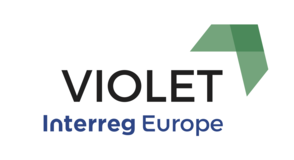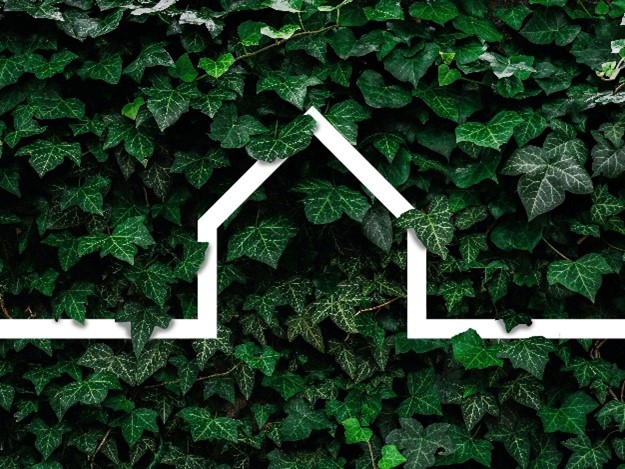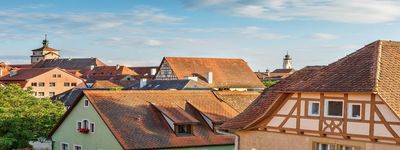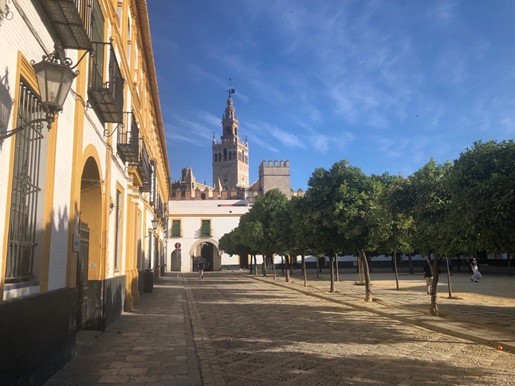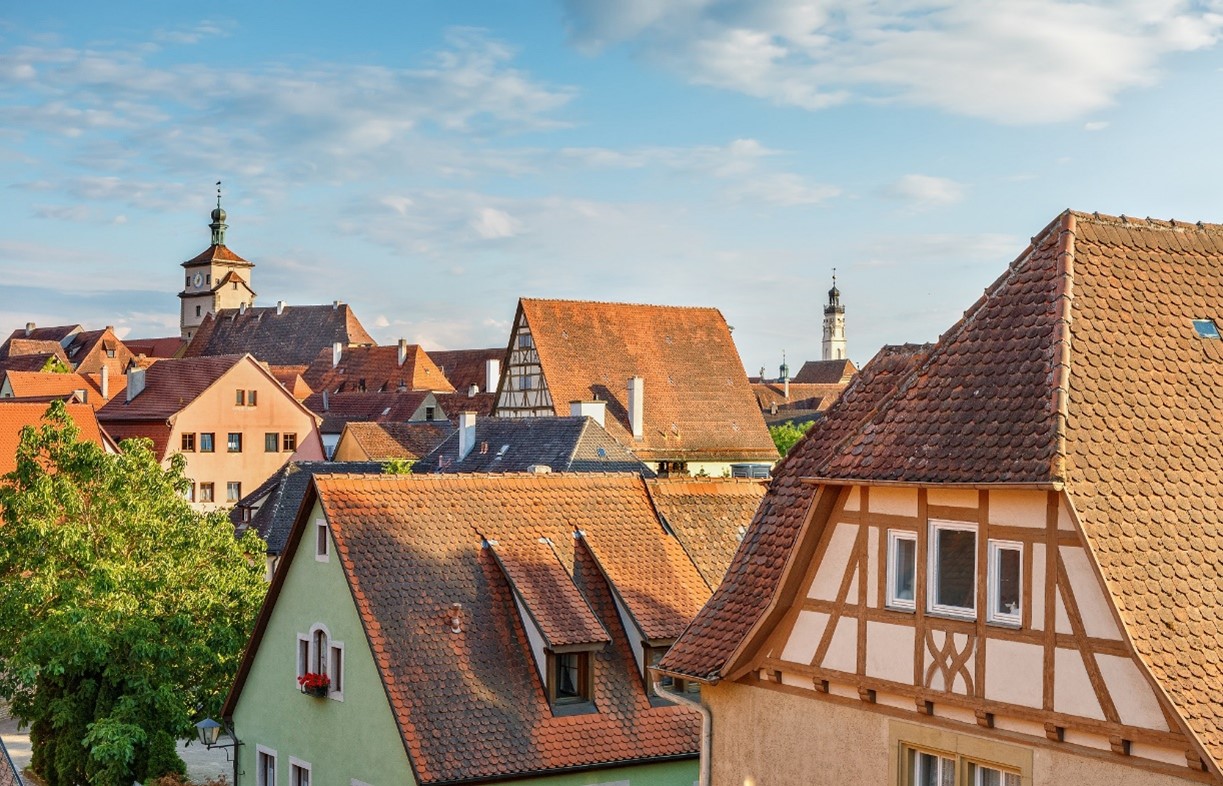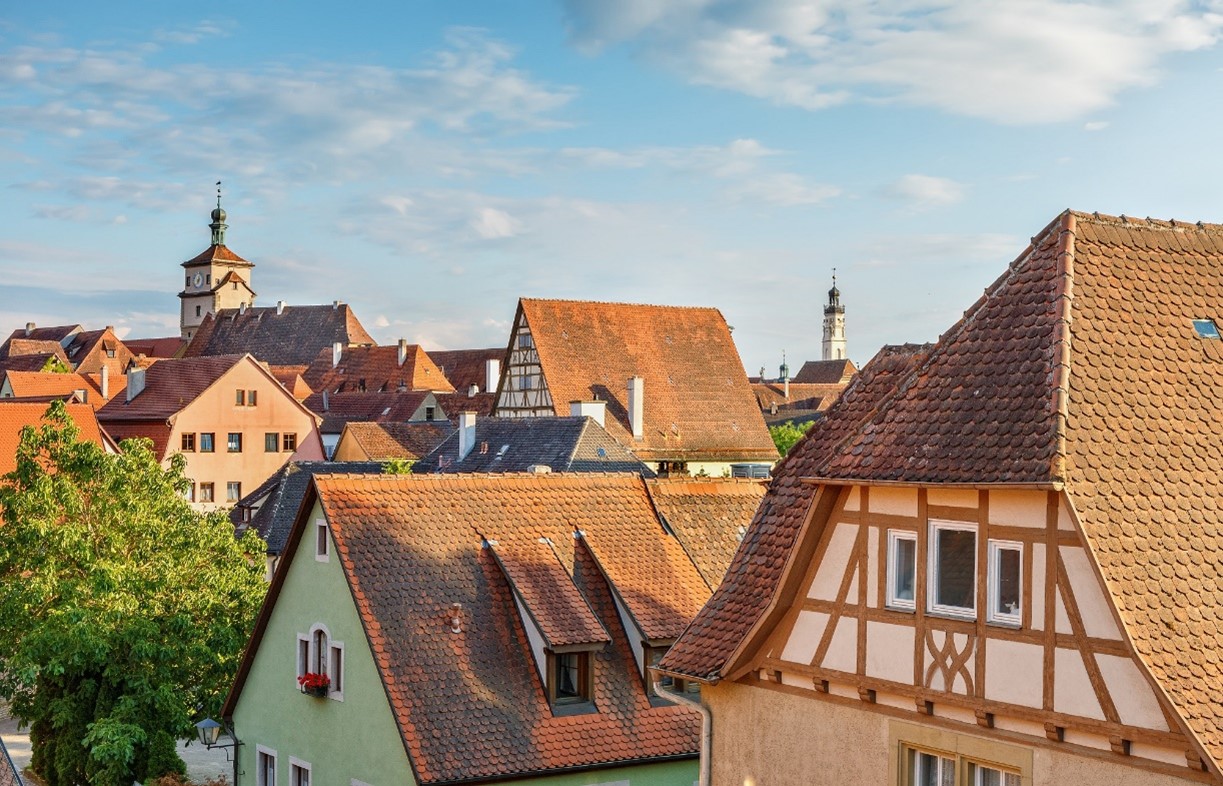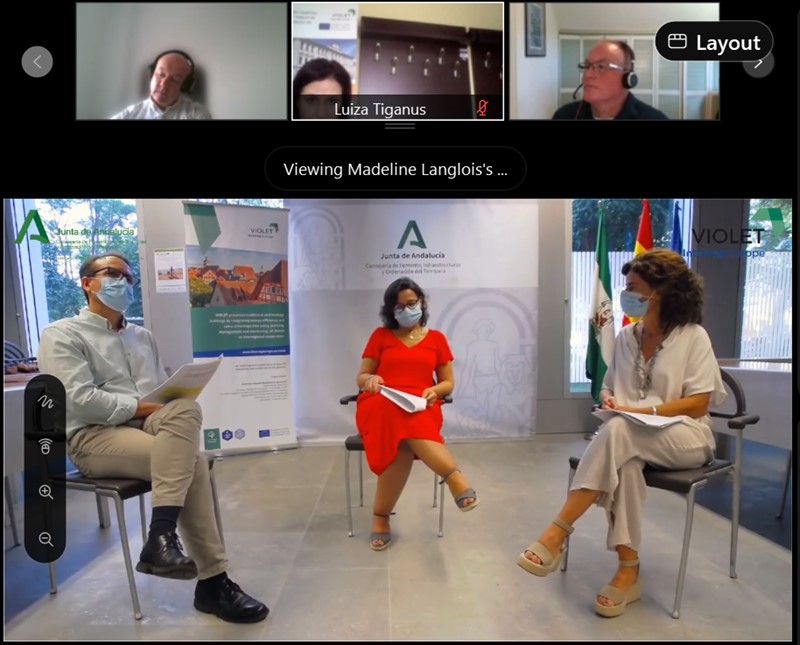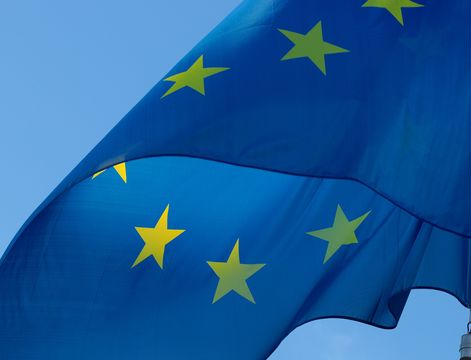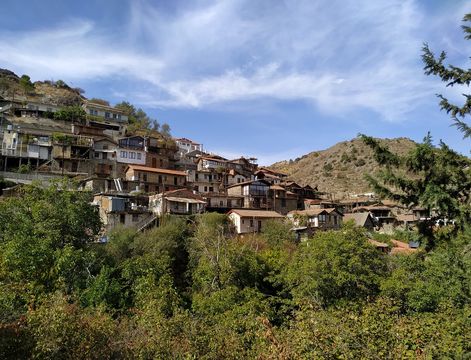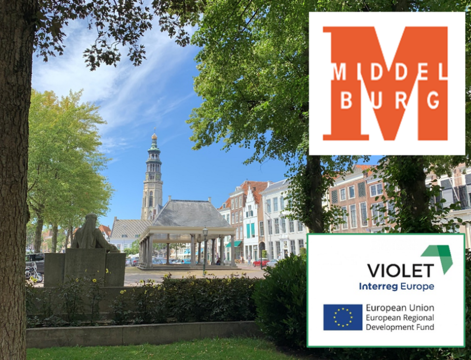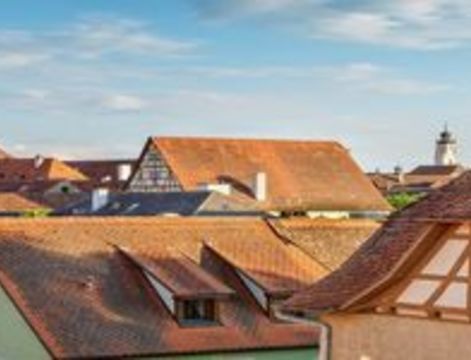A recent publication, European Missions: 100 Climate-Neutral and Smart Cities by 2030, offers support for cities looking to decarbonise in the form of an “info kit”. To help illustrate the types of action/intervention required to deliver energy efficiency renovations/improvements to a city’s existing building stock or facilities, a section of the info kit highlighted the achievements of the Interreg Europe VIOLET project.
More specifically, VIOLET is referenced in the info kit for cities as a best practice, as the project identifies good renovation practices from across Europe for enhancing energy efficiency in heritage buildings, developing action plans, and improving regional policies and European Regional Development Fund policy instruments. From 2017 until 2022, the Interreg Europe VIOLET project addressed the challenge to create a building culture sympathetic to modern requirements of reinstatement and conservation for improved energy usage and reduced carbon emissions, without endangering architectural heritage. The overall aim of the European-funded project was to improve regional public policy to enhance energy efficiency in traditional buildings by addressing both low carbon and cultural preservation actions. Improvements of VIOLET refer to structural changes, governance and new projects, which was made possible through the updating of territorial analyses, stakeholder meetings, interregional events, bilateral exchange sessions and the preparation of policy change reports.
Further on EU Missions
The 100 Climate-Neutral and Smart Cities by 2030 Info Kit has been developed by EU Missions, a novelty of the Horizon Europe research and innovation programme for the years 2021-2027. The concept behind EU Missions is to “deliver impact by putting research and innovation into a new role, combined with new forms of governance and collaboration, as well as by engaging citizens.”
